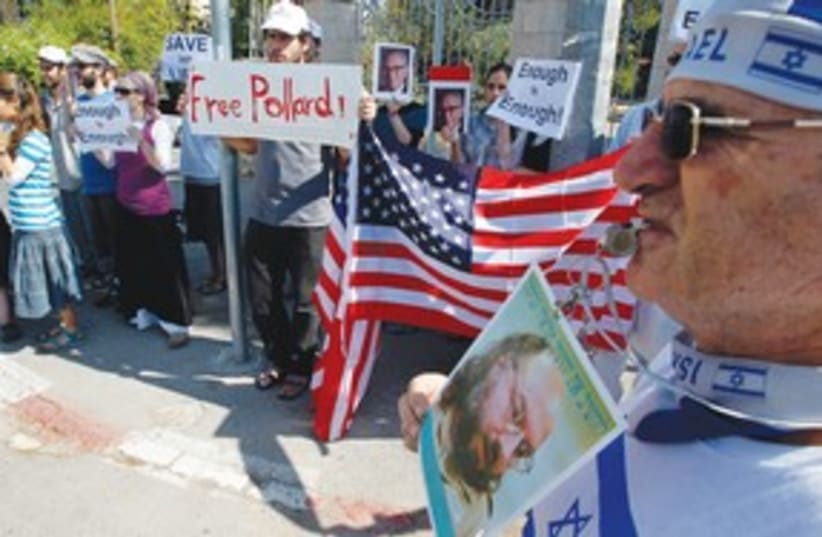The writer is an award-winning Jerusalem writer. She blogs at jerusalemdiaries.blogspot.com.
Déjà vu in Denver
Pollard’s plight should send a shudder of conscience to those meeting once again in Denver.

The writer is an award-winning Jerusalem writer. She blogs at jerusalemdiaries.blogspot.com.